This Can Change Your Relationship: Empowered Fulfillment Therapy Podcast (Episode 3)
Understanding the conflict cycle you get stuck in with your partner can change your relationship for the better. In this podcast episode, Taylor Kravitz, shares about what a conflict cycle is and how you can use this awareness to transform how you and your partner communicate and connect.
Have you ever found yourself feeling like…?
You and your partner get stuck in the same arguments over and over again.
You know the way you’re communicating isn’t working but you can’t seem to do it differently.
You and your partner keep triggering each other.
You’re exhausted & overwhelmed by this cycle you keep getting sucked into during conflict.
If you’re feeling that way, you’re not alone. Relationship are hard & communicating well is not as simple as it seems. It is possible to communicate better & feel more connected. Understanding your conflict cycle can help you and your partner:
Feel united in addressing the problem instead of viewing each other as the problem.
Feel empowered to know what to do differently.
Better support & understand each other.
Find new ways to communicate your feelings & needs.
Take a listen for a starting point of how you can do this work!
If you’re finding that doing this work on your own is too challenging, it’s okay to reach out for support. This process isn’t simple and it involves a deep exploration of your emotions and past. It also requires humility, accountability, and willingness to change (which isn’t easy!). A couples therapist can help you & your partner work towards your relationship goals.
Interested in working on your relationship with one of our therapists? We offer individual therapy, sex therapy, couples therapy, and family therapy in Portland, OR (and WA & UT). Our therapists specialize in sexual concerns, relationships, perinatal mental health, neurodivergence (Autism & ADHD), trauma, ethical non-monogamy, and more!

